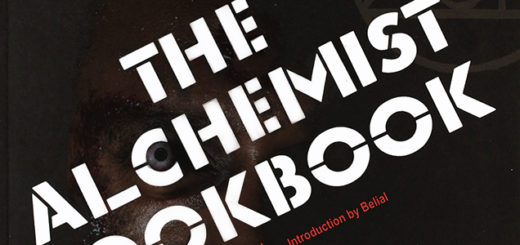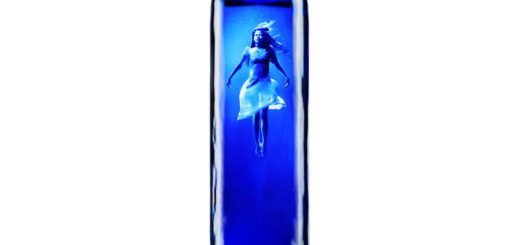THE 15:17 TO PARIS Review
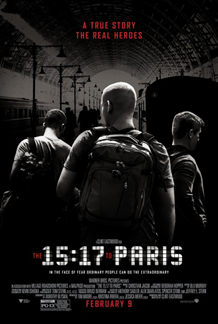
Director: Clint Eastwood
Genre: Drama
Year: 2018
There is no better word to sum up American ideology than patriotism. After the 9/11 attacks, one could expand that into a phrase more akin to “patriotism against terrorism,” a feeling we’ve seen captured on film time and time again: good guys saving the world from all-encompassing evils. We see it in Marvel and we see it in biopics—it’s a tale as old as time. Because this is such a strong theme in American culture, it’s generally a good idea for filmmakers, should they choose to tackle this notion, to make sure their films are gleaming examples of just that—both in their critique, and support of American partisanship. Sadly, THE 15:17 TO PARIS completely missed the mark, derailing all its intentions in the process.
Eastwood returning to the director’s chair for the 39th time, THE 15:17 TO PARIS recounts the true story of three American friends, Spencer Stone, Alek Skarlatos, and Anthony Sadler (no relation to Adam Sandler, sadly) and their heroism in thwarting a terrorist plot onboard a train bound for Paris. Few subjects are quite this perfect for Eastwood, considering his patriotic filmography and recent interest in the trials and tribulations of everyday heroes (from the mythic Chris Kyle to the humble Chesley “Sully” Sullenberger). Eastwood made the unconventional decision to use the real men from the attack rather than professional actors who know what they’re doing—a huge detour from his prior collaborations with Bradley Cooper, Tom Hanks, and company. However, in order to make that work, other aspects of the film, including the directing, have to compensate for their lack of experience. Put nicely: that simply doesn’t happen.
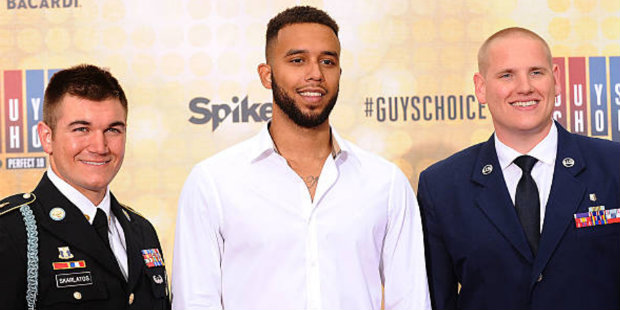
Pictured, left to right: Alek Skarlatos, Anthony Sadler, and Spencer Stone. On behalf of film lovers everywhere, I apologize to you three
It’s important to mention that I’m not questioning the men’s heroism. The 20-minute action sequence of extraordinary bravery is the film’s one shining moment—unfortunately, it’s also the only 20 minutes worth seeing. Yes, this story would have been far more successful had it been a short film. But it’s the storytelling decisions made on Eastwood’s part that really bog this down. The three heroes’ established personalities as children are all the same one: troublemaker. Furthermore, we don’t see this carried over into their adulthood. Other than a brief party scene in Amsterdam, those personalities don’t come through. It’s a missed opportunity to see these men partake in debauchery, perhaps due to Eastwood’s age, resulting in characters devolving instead of developing. I can’t really hold the men accountable for that, as they aren’t professionally trained actors. Unfortunately, Eastwood, as a trained actor and director, should have made up for this. In addition, as a director with a reputation for only shooting very few takes, this might have been his Achilles heel.
After all of that, there were still technical mistakes that would be a detriment to any film, no matter the story. Opening with a narration from Anthony, we instead focus on Spencer, only to never hear narration again. In fact, the only person we fully learn about is Spencer. The audience doesn’t actually know anything about Anthony, and though they see Alek join the army, it’s never explained why until well over halfway through the movie. Viewers are told that Spencer wants to to join the military to help others, but they never actually see him helping anyone. They aren’t shown that he’s helpful at all, so they don’t have a reason to believe that he is. The script itself lacks subtext, creating painfully basic, surface level dialogue. It’s an experience that leaves one laughing uncomfortably at any scene containing conversation. This, coupled with uninspired framing and cinematography, make for scenes where the audience is either rolling their eyes or looking at their watches.
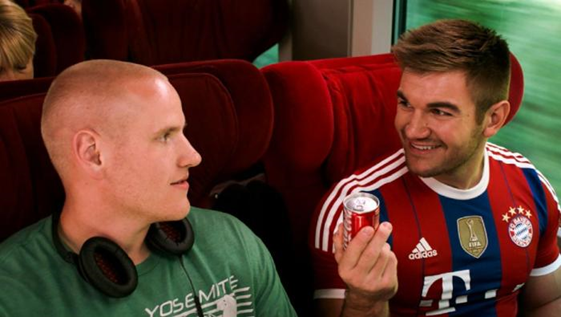
The line said here was, “Alek, shut the heck up.” Even my four-year-old niece wouldn’t say that
One could argue that Eastwood was attempting to show ordinary people who were thrown into an extraordinary situation. At face value, this is fine. But because the entire ride feels like a defunct Storytelling 101 course, the poor technical decisions and the failure to follow through with untrained actors makes the experience far more cringe-inducing than arresting. It doesn’t feel good to call a movie about these men and their actions cringey, but, sadly, there’s no better word for it (trust me, I checked a thesaurus). The audience is left feeling underwhelmed, uncomfortable, and wondering how Eastwood could fail at a film that seemed to be just for him. So for your own sanity and comfort, don’t board THE 15:17 TO PARIS.
Verdict: Do Not Recommend

